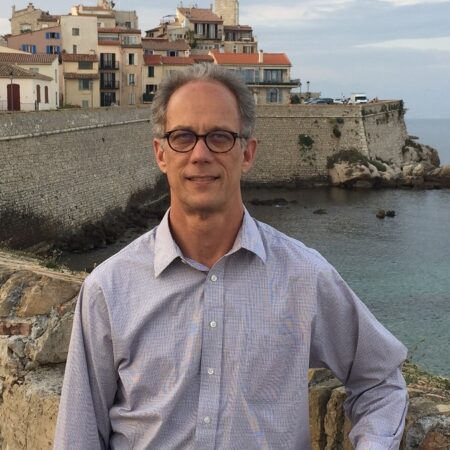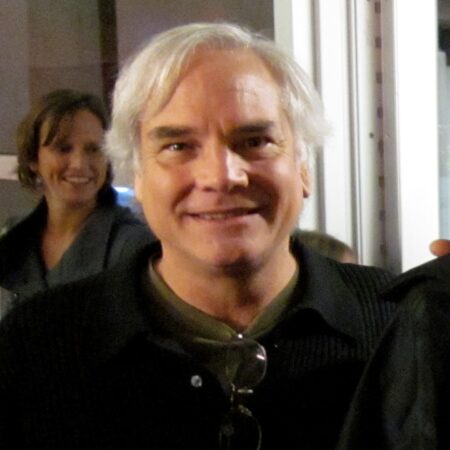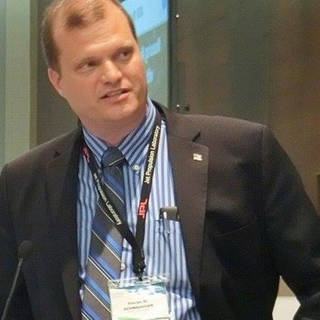Refine
Date Range Clear
Recorded by Clear
Keywords Clear
Partnerships Clear
Organizations Clear
Places Clear
Languages Clear
Initiatives Clear
- No matching terms.
Dr. Gupta was unsure of what she wanted to work on after finishing medical school, but she found her calling and is now the Open Innovation and Community Applications manager at NASA headquarters. Listen to Dr. Gupta talk about her...
Dr. Wendy Bohon is an earthquake geologist and the Senior Science Communication Specialist for the Incorporated Research Institutions for Seismology, or IRIS for short (not the IRS). But how did she end up there if she went to school for...
Erica Bickford’s advice to early career scientists or students is to look outside academia and explore all the potential career options available to scientists. She is particularly aware of the importance of science in daily life and in the policy...
Dr. David Smith is a microbiologist at the NASA Ames Research Center. David led the design, construction, and validation of two NASA Balloon Program payloads carrying biology experiments (E-MIST and MARSBOx) as well as the use of a bio-aerosol collector...
How does one go from being a B+ student who got dressed down by her 8th grade softball coach to the Division Director of the Earth Science Division at NASA? While this might sound like the plot of an inspirational...
Rafael Loureiro may confess to being an introvert, but he has no fear of people. He started off talking about AGU’s Voices of Science bootcamp, which he is participating in this year to develop his spokesperson skills. That segued into...
Meet Brian Campbell, a NASA Senior Earth Science Specialist who works with satellite missions like ICESat-2, SMAP, GPM and with the NASA GLOBE Program, including the NASA GLOBE Observer Citizen Science App. He is passionate about making the plethora of...
John Booker Grab grew up in New Mexico and remembers, at the age of 8, running out the back door into the Santa Fe National Forest to go and collect fossils. He then went on to study at Montana State...
Kennedi White is one of 25 students starting in the new Student Airborne Science Activation (SaSa) program at the NASA Ames Research Center. Students at SaSa are undergraduates from minority-serving institutions, competitively selected across the United States. Over the course...
Dr. Charles Gatebe's research focus is on clouds aerosols, ecosystem structure and function, albedo, and feedbacks to climate. In this interview, we chat about his science journey pursuing science, starting with his interest in studying Kenya’s air pollution, and how...
Dr. Tori Hoehler is a scientist at NASA Ames, with a background in chemistry and oceanography. He now studies the interaction of microbial communities with their environment, with an emphasis on the habitability of environments beyond Earth and the detectability...
When Christa Peters-Lidard cold-called the head of NASA’s hydrology lab as an undergrad, she wasn’t thinking she’d eventually land that very position. Now as the Acting Director for Sciences and Exploration at NASA’s Goddard Space Flight Center, Christa oversees several...
Dr. Naseem Rangwala is an astrophysicist and project scientist for the SOFIA mission. SOFIA, or the Stratospheric Observatory for Infrared Astronomy, is a modified Boeing 747 airplane carrying a large telescope. SOFIA observes the universe through long infrared wavelengths. As...
As a Program Manager for NASA Headquarters Earth Science Division, Barry Lefer helps fund important global research and field campaigns that are measuring air quality and greenhouse gases. And judging by these studies, Barry thinks the future is looking good!...
In this interview, Senior Engineer Alok Shrestha discusses his career path as both engineer and scientist, now working for the Airborne Science Facility at NASA Ames. He also discussed how his background helped aid the 2015 earthquake recovery in Nepal,...
Engaging young students outside of the classroom can help further a life-long interest in science. Elizabeth Eubanks is trying to bring these kinds of experiences to as many kids as she can. As a science teacher, she’s heard from students...
Allison Holevoet is a Mangrove Restoration Coordinator with the University of the Virgin Islands for the SEAS Islands Alliance and works with GRROE (Growing, Research, Restoration, Outreach, and Education) US Virgin Islands Mangroves which, on top of post-hurricane restoration projects,...
Michael Wong is just as comfortable talking about science as he is with working on it. Currently a post doc at the University of Washington in Seattle, he talks about his work and path through science, from being inspired as...
James Famiglietti, hydrologist and Director of the Global Institute for Water Security, University of Saskatchewan, discusses his work with NASA's Gravity Recovery and Climate Experience (GRACE) and the evolution of technology throughout his career including its impact on water security....
Mamta Nagaraja started her career as an engineer but has adroitly transitioned into a position in science communications at NASA, where she strives to craft science into stories that will inspire others. Listen to Dr. Nagaraja discuss her path to...
James Garvin is the Chief Scientist at NASA's Goddard Space Flight Center. Dr. Garvin has been at NASA for 35 years in a variety of roles and missions, and is well known for his incredible work in NASA's Mars explorational...
How can scientists capture the public’s imagination with science? In this interview, Gordon Grant, a research hydrologist with the US Forest Service and President-elect of AGU'S Earth and Planetary Surface Processes Section, shares his experience of bringing a river to...
Growing up in Chicago, Gary Jedlovec dreamed of running his own weather station and becoming the next great TV weather forecaster. However, that all changed when he discovered meteorological research. Now well into his career as the Chief of the...
Jeffrey Myers knows his way around aerial photogrammetry. As a former lead manager at the Airborne Sensor Facility at NASA’s Ames Research Center, Jeffrey’s work with data collection and earth mapping has been affiliated with NASA’s U-2 program, MODIS, and...
From a childhood filled with archeology lessons from his dad, to graduate studies measuring gases from active volcanoes, and then designing early warning systems to detect volcanic activity, Dr. Florian Schwandner's life goal has been to make a difference in...
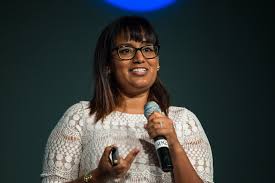
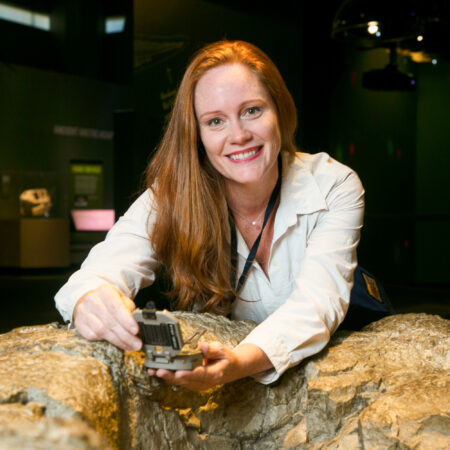
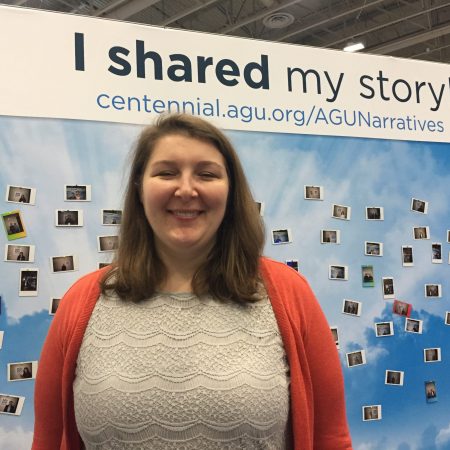
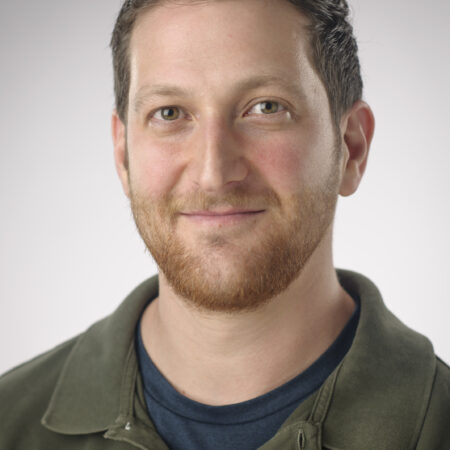
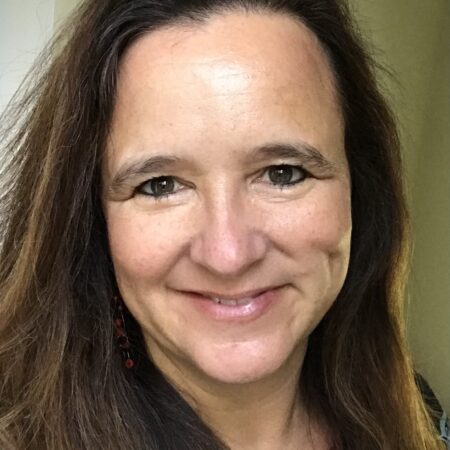
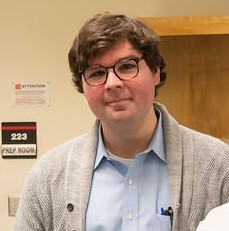
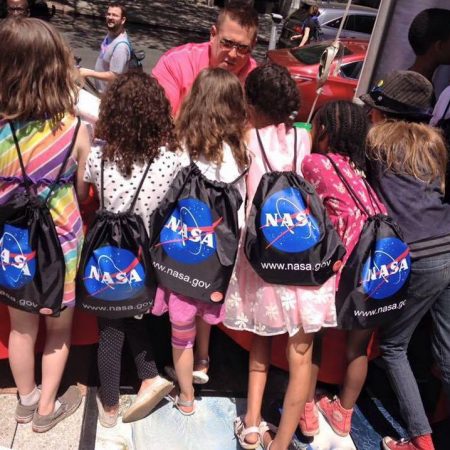
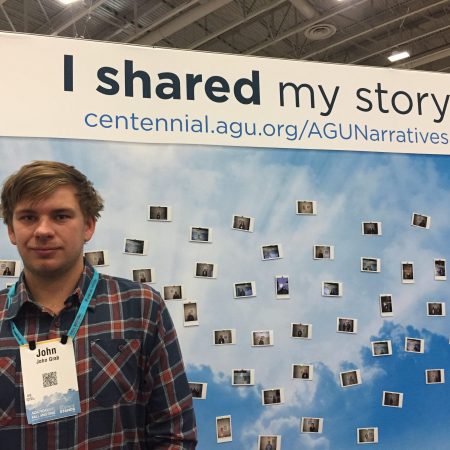
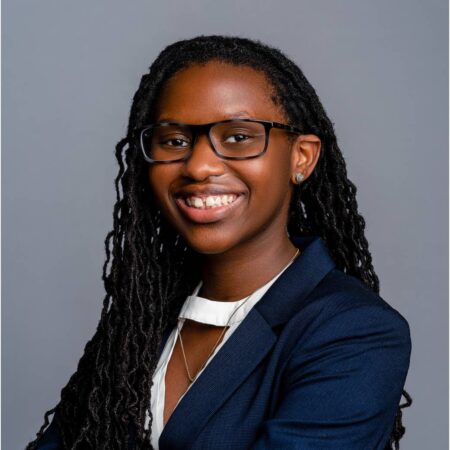
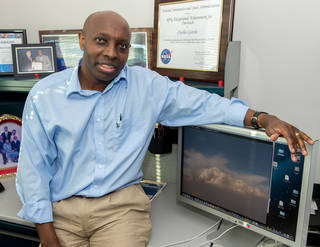
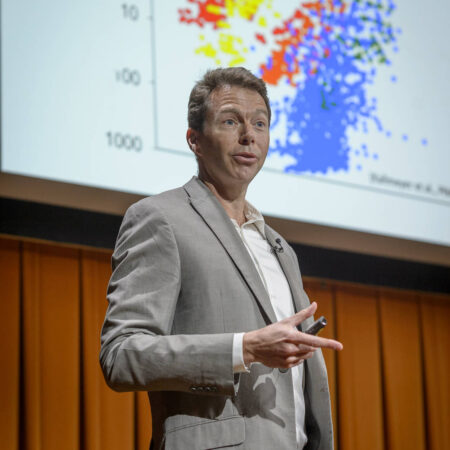

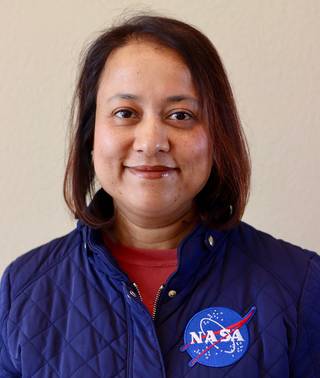
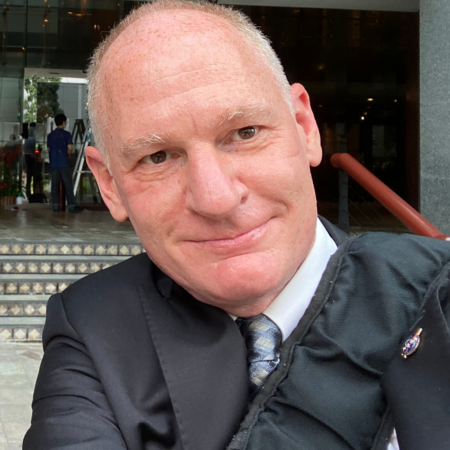
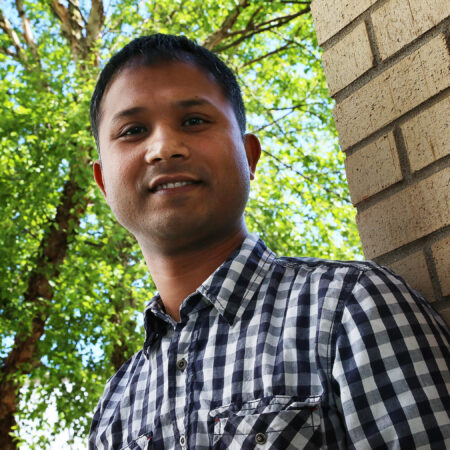
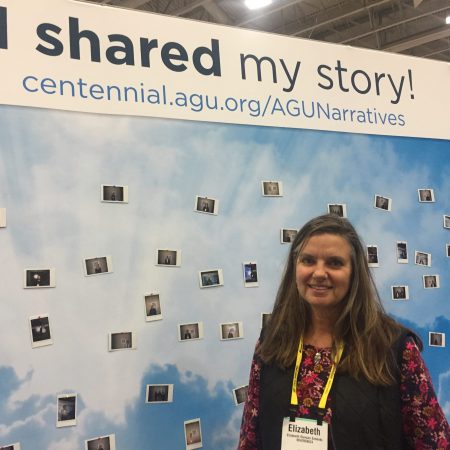
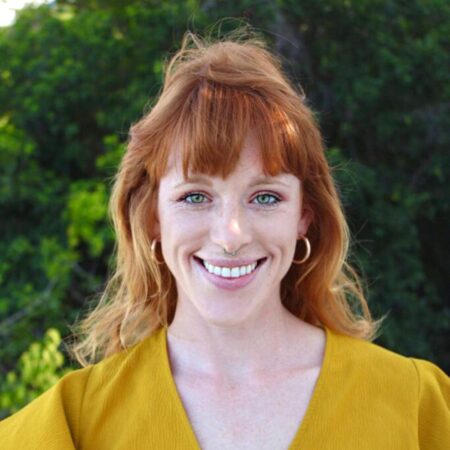
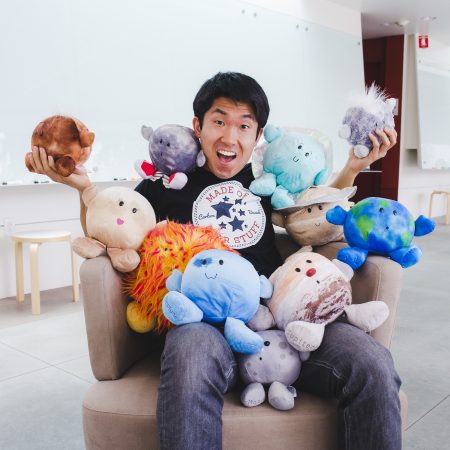

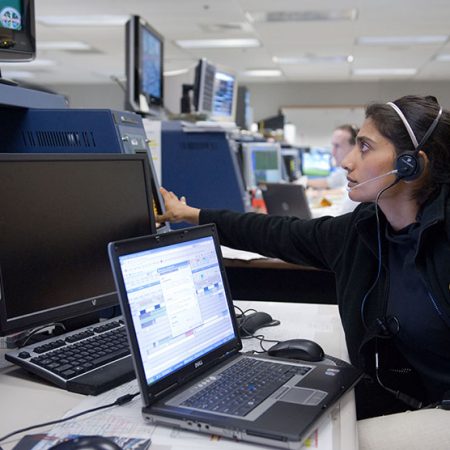
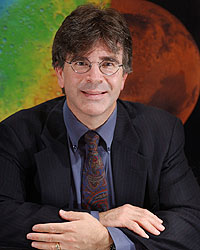
!["Science is a process of understanding nature; [we can] help people see science as a means of doing that." an interview with Gordon Grant](https://archive.storycorps.org/uploads/2019/02/20181211_Gordon-Grant-450x450.jpg)
